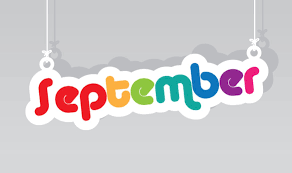Nuance Audio is a new option for people who resist traditional aids, from the company that makes Ray-Bans and operates LensCrafters.
Seekers of Meaning Podcast Posted Online March 7, 2025
What's Next Longevity Deal Talk Episode 32, January, 2025
Presentation: What's Next Longevity Venture Summit, June, 2025

 Held each year – but has much changed? The
Held each year – but has much changed? The  September always seems like a short month. Not just because of the calendar, but because of the pace of return to
September always seems like a short month. Not just because of the calendar, but because of the pace of return to  For a Chief Medical Officer, what role does technology play? Recently there was an opportunity to query executives in senior care, including Dr. Arif Nazir, Chief Medical Officer, Signature HealthCARE, who was asked about the technology impact on long-term care jobs. The insights quoted here could be generalized, not just to Skilled Nursing Facilities, but to all types of care delivery – and are particularly notable in the context of last week’s New York Times article: "
For a Chief Medical Officer, what role does technology play? Recently there was an opportunity to query executives in senior care, including Dr. Arif Nazir, Chief Medical Officer, Signature HealthCARE, who was asked about the technology impact on long-term care jobs. The insights quoted here could be generalized, not just to Skilled Nursing Facilities, but to all types of care delivery – and are particularly notable in the context of last week’s New York Times article: " Consider the white paper -- more content than a tweet or blog post. White papers have long been viewed as content marketing vehicles, intended to showcase a product or concept relevant to the firm’s customers and prospects. According to Jonathan Kantor, a
Consider the white paper -- more content than a tweet or blog post. White papers have long been viewed as content marketing vehicles, intended to showcase a product or concept relevant to the firm’s customers and prospects. According to Jonathan Kantor, a